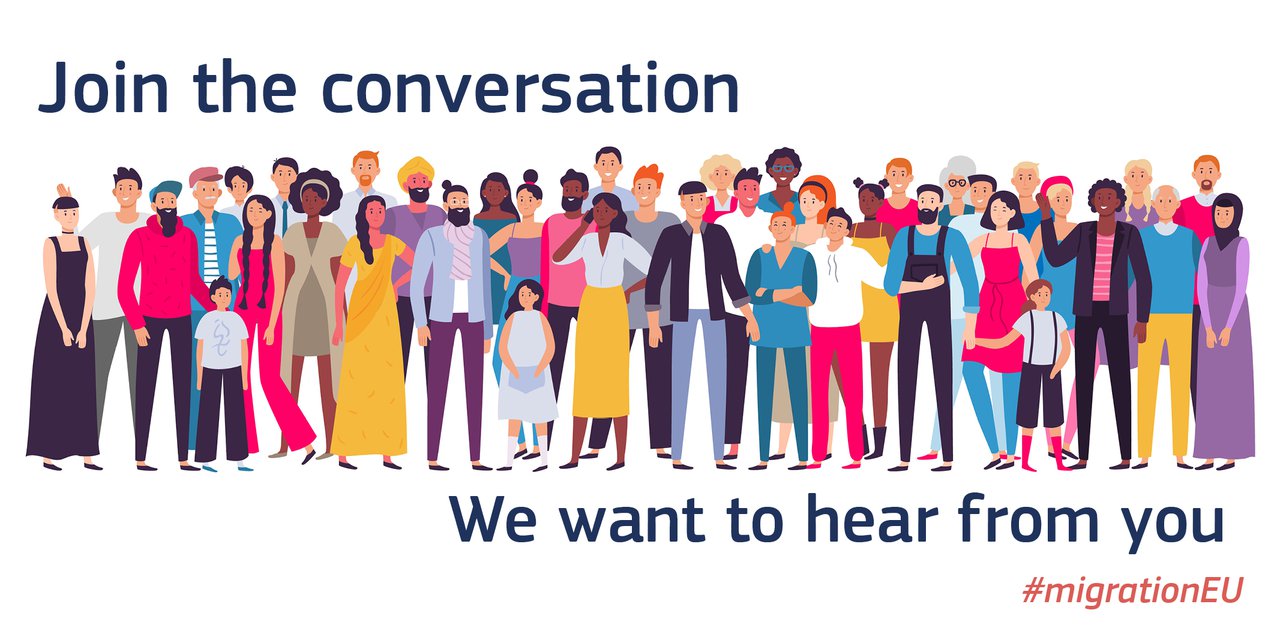The European Commission launched a call for applications to set up an expert group on the views of migrants in the fields of migration, asylum and integration policies. Parviz Khyber former client and than colleague of the Refugee Ministry of RCH and its implementing partner, the Kalunba Non-Profit organization was accepted to the expert group.

Parviz and his family immigrated from Afghanistan and they have integrated well into Hungary. For the Khyber family, Hungary has become home. Parviz is also fluent in Hungarian and him representing RCH at the stakeholders’ meeting in Malmö was a strong sign that successful integration and a sense of living together as “neighbours” has been possible in Hungary. “I have a very positive experience here with the people, the country,” said earlier Parviz.
Toward a World of Neighbours
RCH representatives joined the workshop on the invitation of Church of Sweden that brought together 70 representatives from various churches, ecumenical organisations, religious communities and civil organisations from across Europe in Malmö between 27 and 30 January.
The program is designed to gather views on new actions that could be taken at EU level to promote the integration and social inclusion of migrants and people with migrant background. The results of the consultation will contribute to the development of the renewed Action Plan on integration and inclusion. Involving migrants, asylum applicants and refugees is essential to make the policies more effective and better tailored to needs on the ground.
“The coronavirus crisis showed once again that migrants and refugees contribute in a crucial way to our societies. However, across Europe many still face challenges in finding accommodation or accessing employment, education or healthcare. We need to step up our work on integration at EU level. I invite all stakeholders, especially migrants, asylum seekers and refugees, to reply to the consultation to help us design future actions on integration that can improve quality of life and make our societies more cohesive and inclusive,” said Commissioner for Home Affairs Ylva Johansson.
The group will have 20 members appointed for a period of two years. In addition, some applicants will be included in a reserve list and may be asked to substitute for members who may not be able to fulfil their full terms. Once selected, the experts are expected to meet two or three times per year. Each meeting would last a full day and will be held in Brussels or online, depending on the ongoing COVID-19-related restrictions.
Source: europa.eu